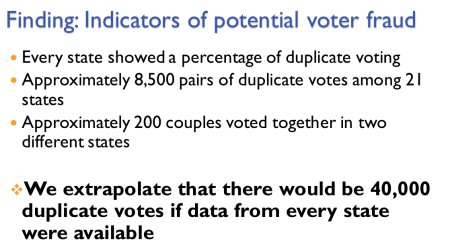Government in action! The first manned flight of SLS/Orion has now been officially delayed one year until 2022, and that date remains questionable.
In addition, the first unmanned test flight of SLS/Orion has now also been delayed until December 2019, something that had been under consideration but is now official. Even with this delay, there are doubts whether that flight can take place then, which is why the 2022 launch of the first manned flight is questionable.
The article outlines in detail the Byzantine scheduling issues that NASA must fulfill to meet these launch dates, including a long timeline of deliveries that seems absurd when compared to how private companies operate.
Assuming that these new dates occur as announced (something I sincerely doubt), the first unmanned launch of SLS/Orion will occur almost 16 years after President Bush first proposed it, with the first manned flight occurring more than 18 years after his proposal. In that time NASA will have spent about $43 billion for this one manned mission. Let me repeat: $43 billion and almost two decades to fly one manned mission. Quite absurd.
The article also details NASA’s proposal for a third SLS/Orion mission, the second manned, to occur in 2023, which would begin assembly of a space station in lunar orbit. I suspect that this mission is going to be announced in what will be President Trump’s version of the typical Kennedy-like speech that Reagan, Bush 1, Clinton, Bush 2, and Obama have all given, announcing big plans in space by such-and-such deadline.
Whether Congress funds it remains to me an open question. Right now I would predict they would, since they love the pork that SLS/Orion provides. In two years, when Falcon Heavy has flown several times and is likely becoming operational, and New Glenn is getting close to its first test launch, I am not so sure. Both will be flying before SLS’s first flight and both will have been developed for a tenth the cost with equal if not greater capabilities. And both will be able to fly more frequently for practically nothing, when compared to SLS.

